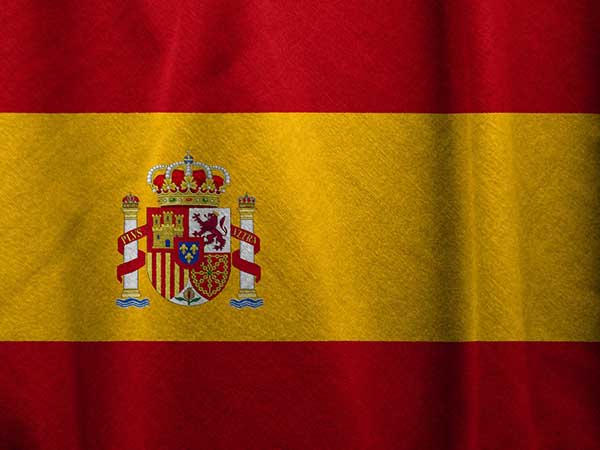
European right eyes fresh gains with Spain election
Jul 17, 2023
Madrid [Spain], July 17: Europe's eyes will turn to Spain next Sunday where a widely expected right-wing victory in a snap election would further consolidate the dominance of conservative parties across the bloc. Called by Socialist Prime Minister Pedro Sanchez after the left was routed in May 28 local elections, the vote could see the extreme right taking a share of power for the first time since the country's dictatorship ended in 1975. The polls suggest Spain's next government will be a coalition of the right-wing Popular Party (PP) and the far-right Vox.
If the polls are accurate, it would confirm "an ongoing gradual normalization of the far-right at a European level," said Steven Forti, a professor at Barcelona's Autonomous University. For Sanchez, who has been in power since 2018 and heads a left-wing coalition with the hard-left Podemos, the stakes are high. The election also carries consequences for the European left. "It is clear there's an ongoing shift (to the right) and Spain is a very important bastion against this regressive and reactionary current," Ecology Minister Teresa Ribera told La Vanguardia newspaper. The Vox effect Following the PP's triumph on May 28, it appeared Alberto Nunez Feijoo's party was heading for a clear victory in the July 23 snap election.
But then polls suggested that although the PP would win, it would fall short of an absolute majority of 176 within the 350-seat parliament, meaning it would need Vox's support to govern. Ultra-nationalist and europhobic, Vox emerged in 2013 out of a split within the PP, bursting into parliament in 2019 as Spain's third-largest party. But the right's momentum has slowed as the PP and Vox negotiated deals to govern in several regions they won from the left. During the talks, Vox has held firm to several of its key principles, refusing to recognize gender violence or to budge on its climate denial. Although such positions are not endorsed by the PP, Vox's stance has overshadowed the campaign of Feijoo, a self-declared moderate.
Sanchez has made the extremist threat his clarion call, warning that a vote for the PP would be tantamount to inviting Vox into government in what he argues would be a major step backwards for Spain. His aim is twofold: to dissuade centrist voters from casting their ballots for the PP while also mobilizing the half-a-million left-wing supporters who stayed at home on May 28. But Sanchez's slim hopes for a rebound were dashed following poor results from opinion polls after a July 10 televised debate against Feijoo. Sanchez has also hammered home his economic record, with 5.5 percent growth last year. Spain last month also became the first major EU economy where inflation fell below 2.0 percent.
The problem for Sanchez is that the public still perceives the economic situation as very negative. 'Overthrowing Sanchismo' Sanchez has taken the initiative on the media front, giving interviews to Spain's most popular TV programs to play up his more personable side. "Sanchez realises that he was wrong not to talk to media outlets that he considered to be hostile," said Cristina Monge, a political scientist at Zaragoza University. But it may be too little, too late given that his personal image is very poor outside of left-wing circles, and has also suffered as a result of several Podemos-led reforms that caused a public backlash.
This has been used to great effect by Feijoo who has focused his campaign on "overthrowing Sanchismo" - which he has defined as "changing the form and substance" of politics in Spain, and "revoking all those minority-based laws which harm the majority". Sanchez is hoping he will be able to form a coalition with Labor Minister Yolanda Diaz's new leftist alliance Sumar, an unlikely scenario given the polls. It has recently been backed, albeit reluctantly, by Podemos, which has plunged in the polls. Recent polls put Sumar neck-and-neck with Vox for third place.
Aside from the large number of undecided voters, another factor is the timing of the election - at the height of summer when several million holidaymakers will have to vote by post. But experts are increasingly ruling out a repeat of the inconclusive election of April 2019 when Spaniards were forced back to the ballot box several months later.- AFP
Source: Kuwait Times









